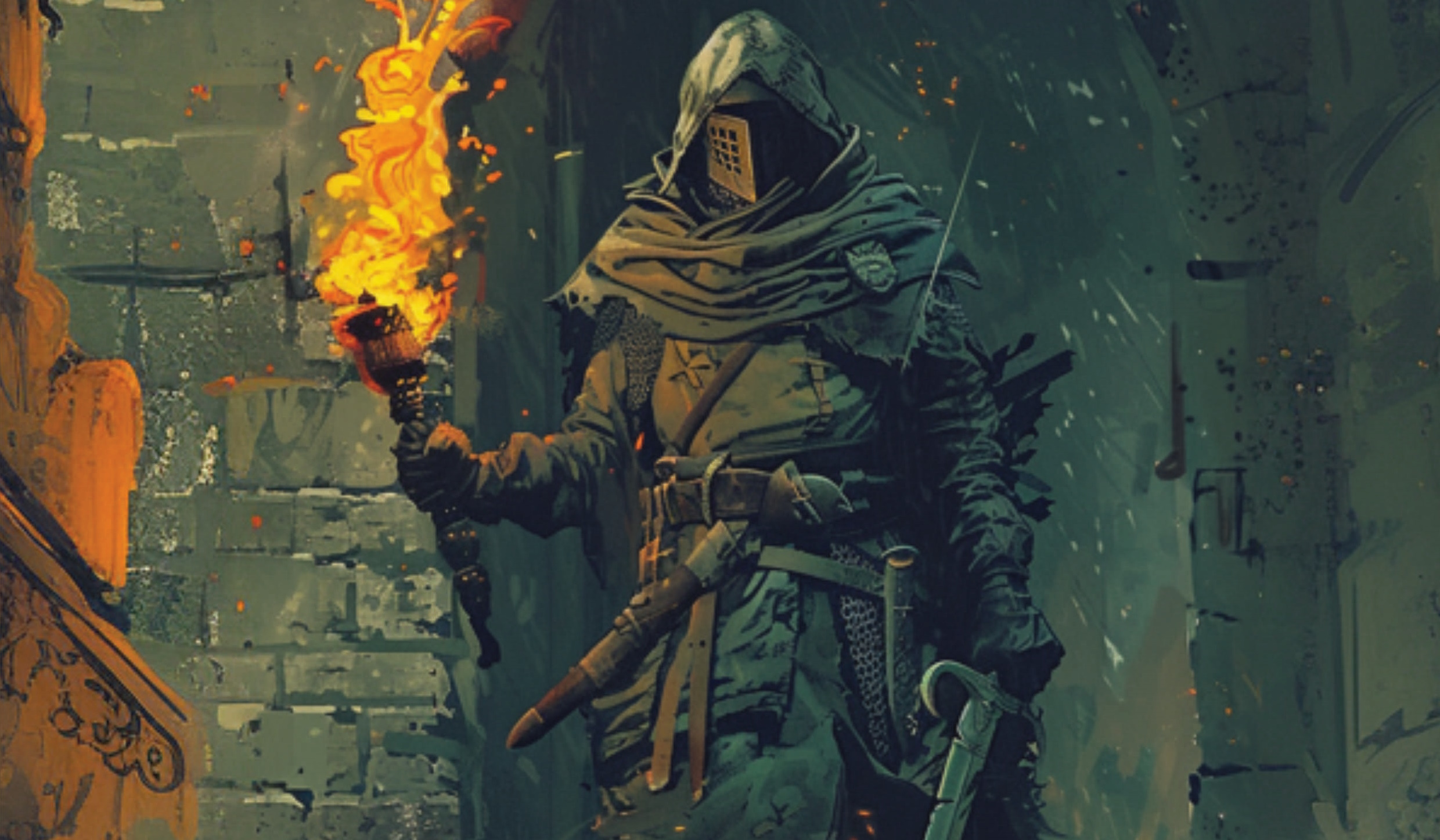Why is player advice so hard to come by?
Finding advice for GMs in roleplaying blogs or print publications is pretty easy. Almost every blog has posts with tips for the person running the game and almost every roleplaying game book has a GM section giving tips on how to run the game, deal with certain situations in the game or how to handle certain types of players. But only a handful of posts or articles deals with player advice. The question remains: why is player advice so hard to come by?
The reasons are manifold. It may be just me, but I got the impression over the years that the vast majority of blog authors and writers are actually GMs themselves. And as we all know it much easier to write from your own perspective than to put yourself in someone else’s shoes. Most GMs I know don’t get to be player often, so they are in “GM mode” most of the time. But it also seems as if the majority of blog visitors are GMs as well. So the audience consists of basically the same people who are writing the posts. You write about what concerns you the most and you read articles that help you do your job better. It’s only natural.
Another reason is the (certainly wrong) impression that the whole burden lies on the GM’s shoulders. Roleplaying games are a social activity and normally you would guess that everyone has the same responsibility when it comes to making the activity fun. But in many cases everyone at the game table (including the GM) expects the GM to entertain the players. Problematic players (think of the “rules lawyer”, “power gamer”, or even “that guy”) are there to be dealt with, but for some reason noone expects them to try to become better players. After all isn’t it the GM’s fault if she or he can’t get the player in line?
Then there’s the problem that while players are often quite numerous (your mileage may vary), GMs are hard to come by. So what do you do to turn players into GMs? You provide a lot of advice and tips to encourage people to take up the mantle of the GM. Players are assumed to learn the craft from other players or the GM’s example. But for someone to accept the GM’s burden you obviously need more encouragement. It’s a bigger hurdle after all.
So there are at least three reasons why people focus on GM advice. But the players are as important if not more important for the success of a game than the GM. Even the best GM can’t run a good game if the player … well … suck. Alas when a game goes downhill people usually blame the GM, even though he or she is the only person at the table who actually tried to improve his or her skills.
Of course I am exaggerating here to make a point. In reality things might not be so glum. But I think it’s clear why there’s so much GM advice while player advice remains a rare commodity. In the past I wrote a couple of posts about how to be a better player, but most of my articles deal with the GM’s situation. Perhaps I should try to lead by example…
So what are your thoughts on the matter? Do you think there should be more player advice? Or more importantly: what makes a good player? Please share your ideas in the comments below!



11 comments